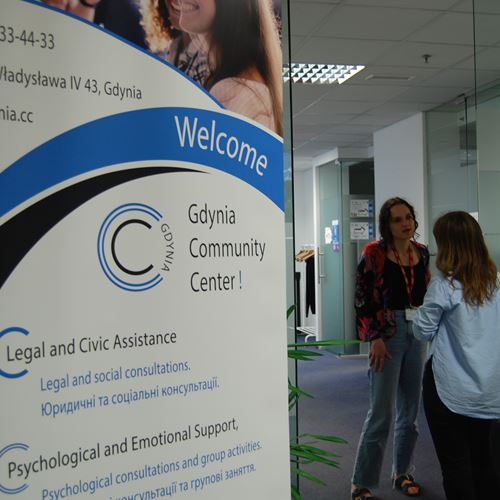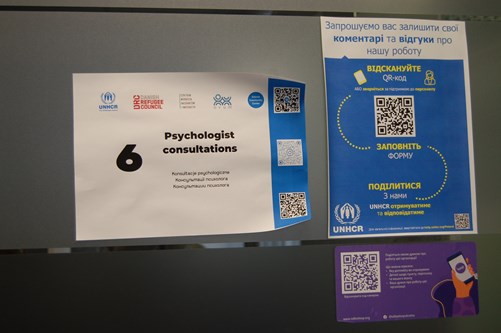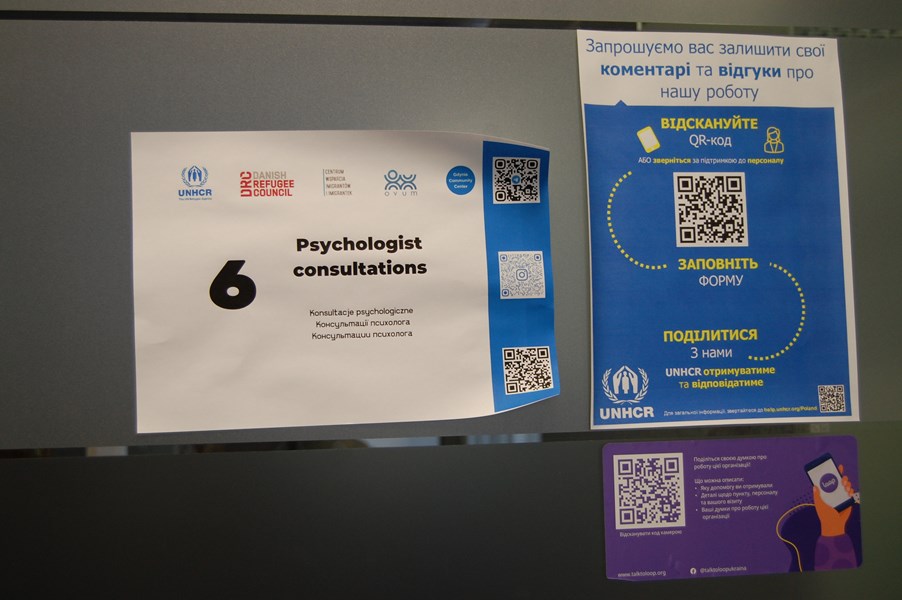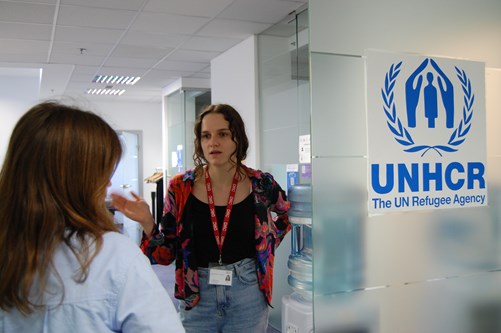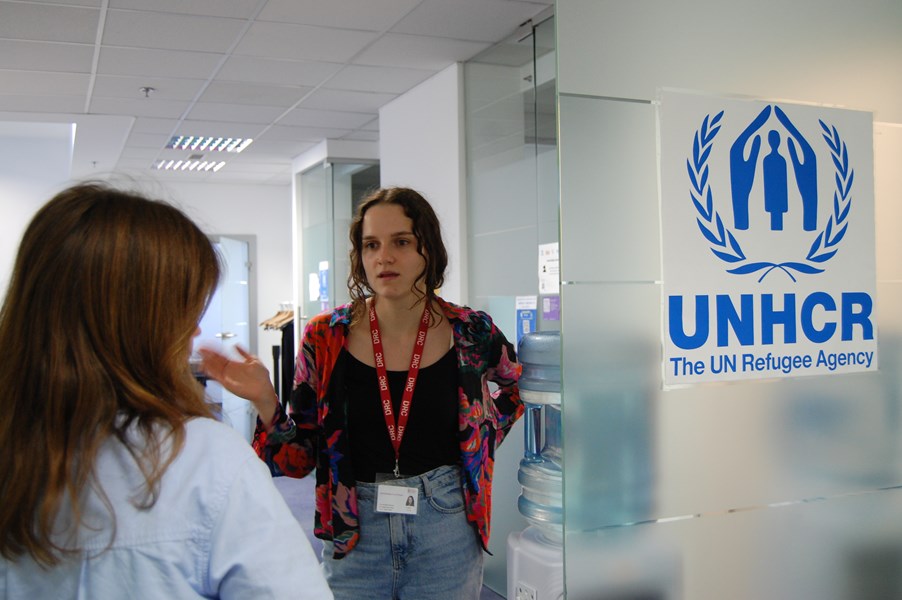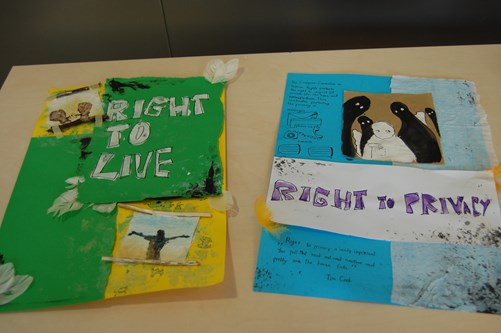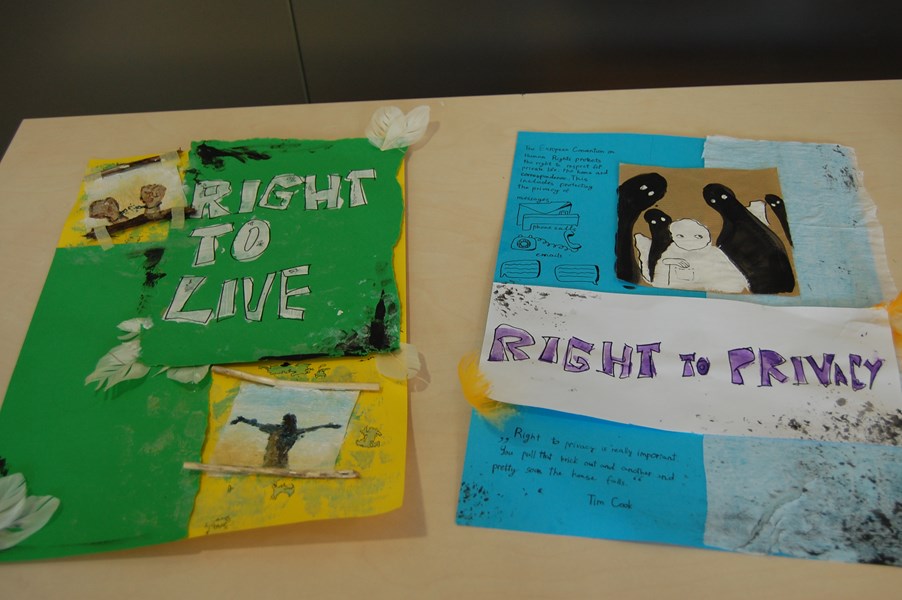Natalia*, a 52-year-old Ukrainian refugee, is marked by fatigue and the extreme ordeals that she has been through in the past many months. Over a year ago, she came to Poland with her elderly parents - a father bound to a wheelchair and a mother with health issues, both requiring constant supervision. It was shortly after the war in Ukraine broke out. Natalia recalls how the family was forced to make several stops across Ukraine before they reached Gdynia in northern Poland.
“It was volunteers who deliver humanitarian aid to eastern Ukraine who helped us along the way and to cross the border. I remember it [the path] and shudder. Now, I feel I would never be able to do it again. All the bags, thousands of people, parents with little mobility. But back then, I did not have an option to stop, so I managed, and we overcame the struggle together.”
Homeless – again
Natalia’s parents lost their home twice. First, in 2014 after the annexation of Crimea. Then again in 2022, when the war broke out and Russian forces eventually came to their small town in Luhansk Oblast.
“There are less than 200 people left in the city. Perhaps, even less. They [Russian Federation forces] don’t even plan to restore it because there is nothing left,” Natalia tells.
Adapting to a new reality
Integration into a new culture is challenging and even more difficult for Natalia as she cannot leave the house for more than a couple of hours at a time. Natalia’s father recently passed away, but now she must take extra care of her mother.
“My father died here [in Poland], but my mother is still alive and requires constant supervision. She has trouble with her memory. In the beginning, she would ask me “Where are we? Why are we here?” Sometimes I think she forgets me as well.”
Struggling to make ends meet
Besides concerns for her ailing mother who can hardly be on her own, also financial issues trouble Natalia.
“I can’t work, and the social support is not enough to cover all our needs. My son helps us sometimes, but he also has his own family to support. And then, I think all the time of the situation in Ukraine and not least about how we will manage to save our assets and claim compensation for our damaged property. But everyone is in a tough spot. This is our reality.”
Legal aid and psycho-social support
Natalia, like many other refugees, faced difficulties with understanding the Polish legal system and her rights and obligations as a refugee. This is why she came to the Community Centre in Gdynia – a place set up for Ukrainian refugees and others new to Poland and in need of support.
DRC and UNHCR alongside Polish civil society organisations have established a network of such centres across Poland where there is access to free legal aid and psychosocial support to refugees.
“I used to come here for Polish language lessons and wanted to also visit a psychologist. But life always interferes with my plans,” she says with a mix of a smile and a troubled look on her face.
“I had a dream back when I lived in my hometown in Ukraine, to have my own small house there with a flower garden. I wanted to live in a town, not too big, not too small. And I wanted to have my children and grandchildren close. Such simple and small dreams, somehow. But now I understand they are unachievable. Sometimes I lay in bed all night restless and sleepless and ponder about the future. I want to believe good things are waiting for me, but it is difficult.”
*Name changed to protect the identity of the interviewee
